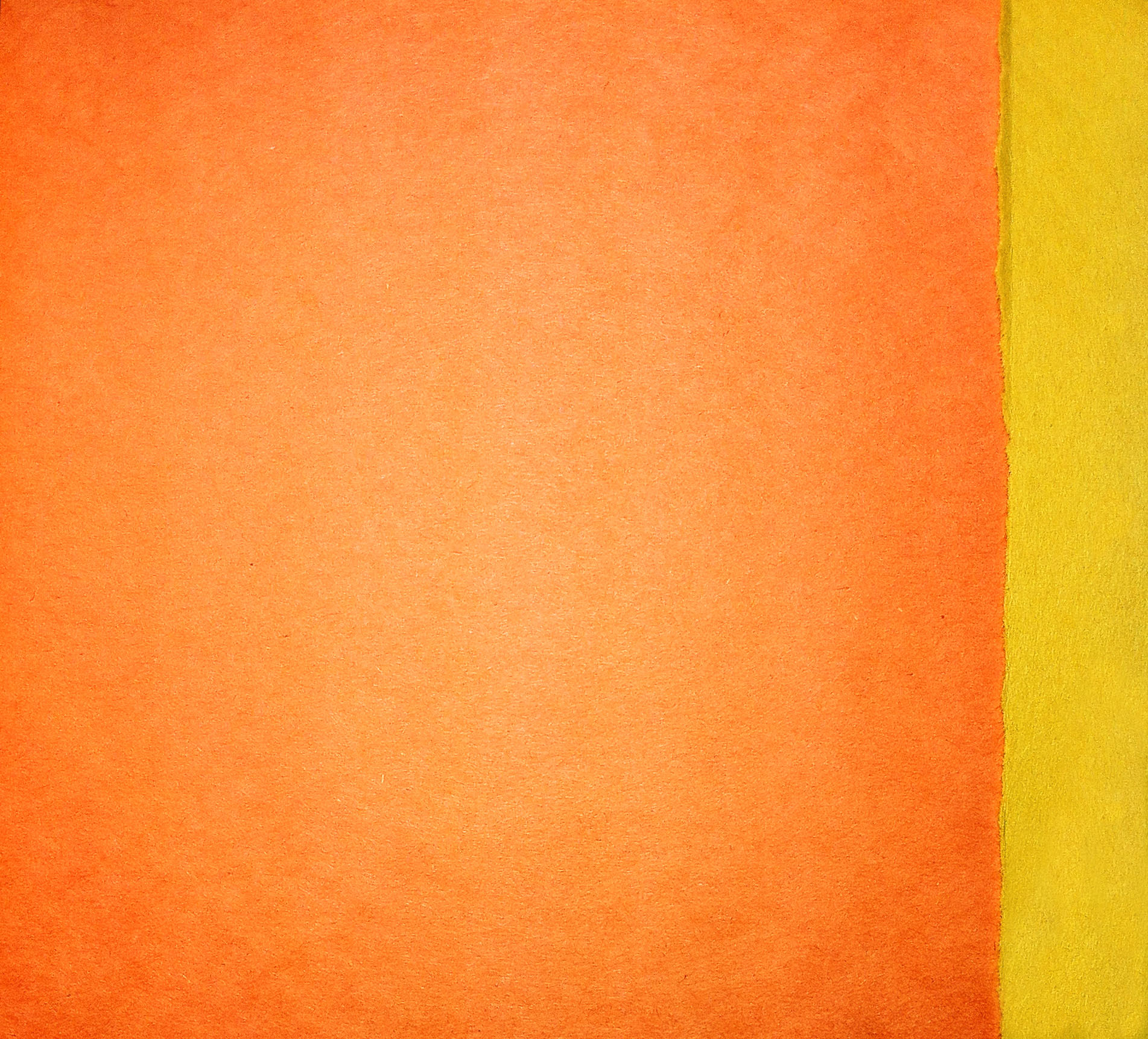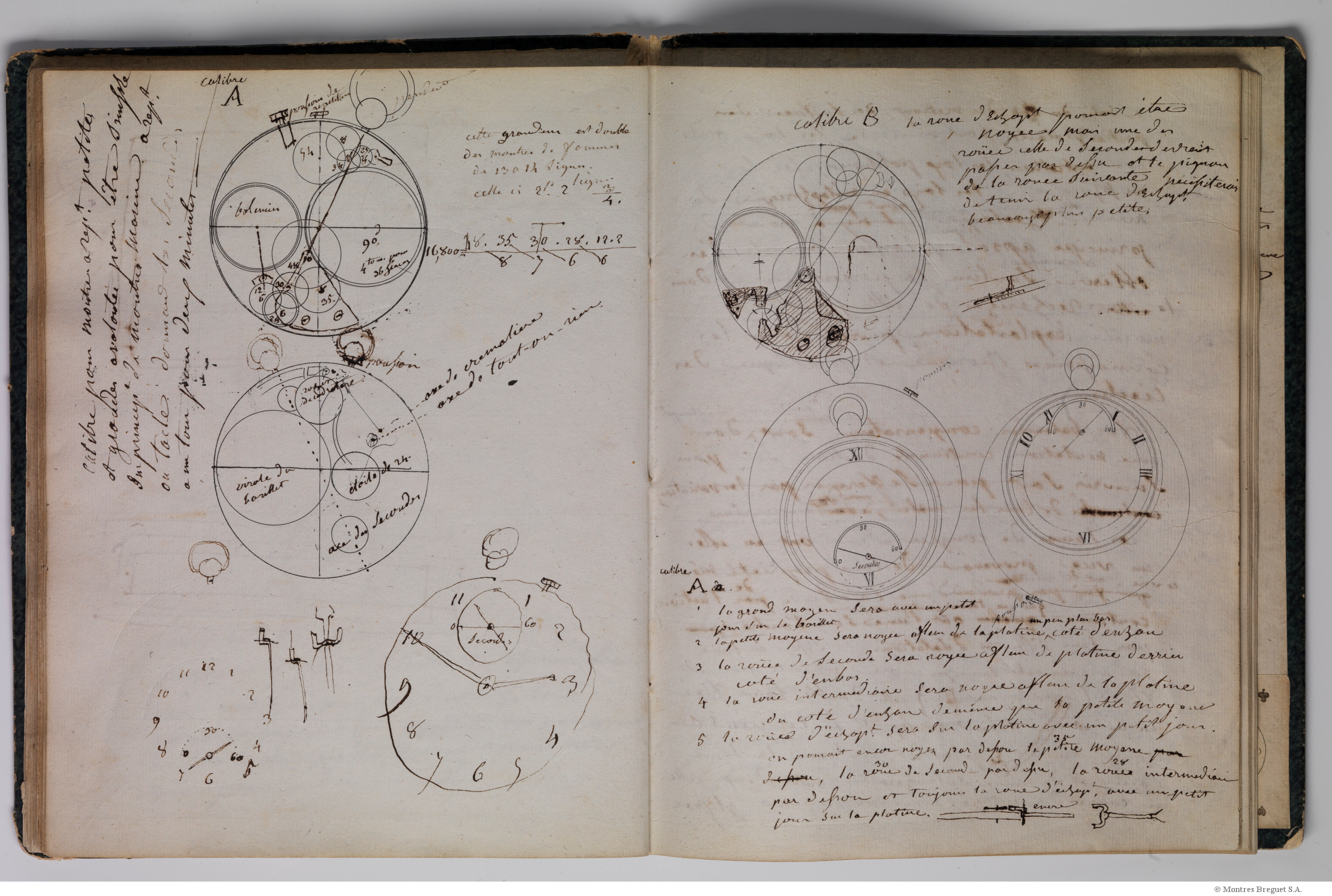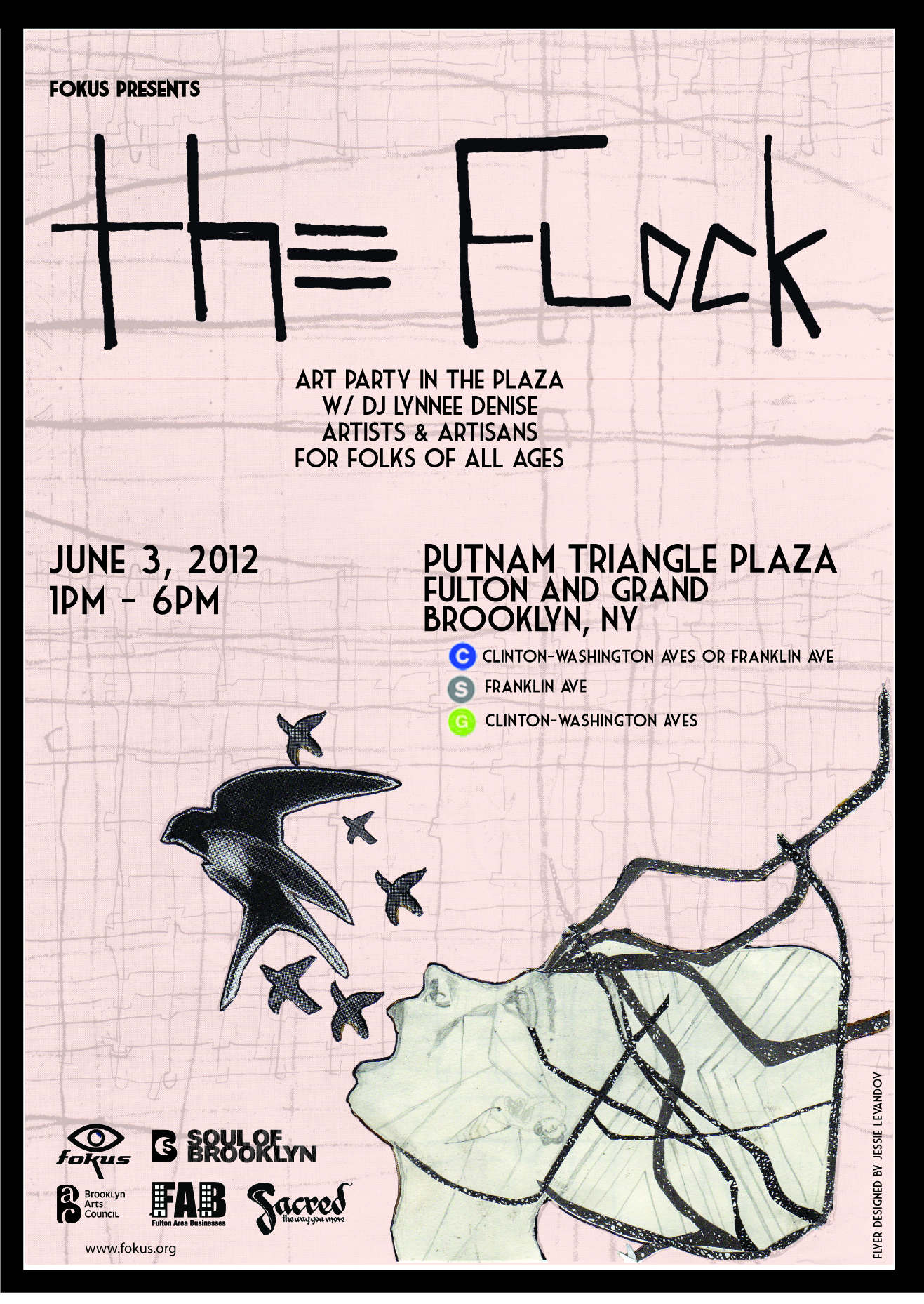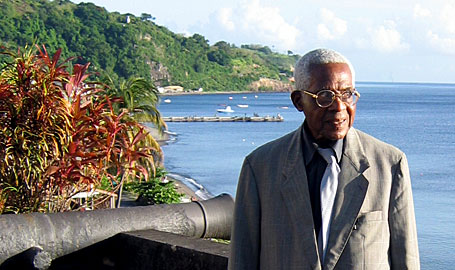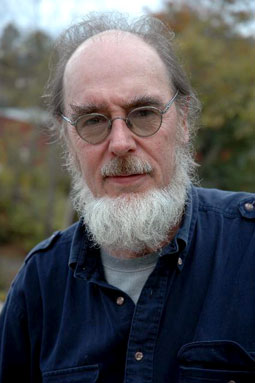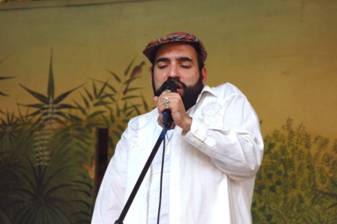Editorial: LEVEL UP! Gratitude, Growth and Other Goings On in the Exit Strata-sphere
 There is a poem I wrote in the early spring that describes the moment of meeting, and attraction, as... cellular intelligence, as when
my electrons got all jumpy-like
from first you walked in the room
recognized yours like an overdue reunion
refugees from the counties of each other
and I bring that up now because, metaphorically, our Exit Strata electrons have been getting all jumpy-like a hell of a lot recently.
Far beyond a one-to-one connection, this piece posits a theory of interpersonal co-evolution that I've been tossing around lately -- one that suggests that we instinctively recognize our creationary comrades: those who will make our world and life a better place, who will inspire us, challenge us, and help us evolve.
This electromagnetic impulse, lets say - the biological inclination to draw this person or these people into your self or your environment - becomes/grows into "love" with WORK: because even chemical reactions require catalysts, and require the appropriate conditions for full realization.
We come to love those people who bring this original impulse into being -- through the ultimately selfless act of commitment to another person or group of people. We appreciate and feel in our very bodies how awesome it is that these people stay with us, and give of themselves and their energy again and again.
So we're going to start out with a big hearty THANK YOU. Oh man.
We love you people.
We love our contributors, the people who come to our events, the people who write us email, the people who chat with us at our tables -- and we get all jumpy for you.
You know why? Because you make us believe in what we're doing, and you show us that YOU believe in what we're doing. You let us know that it supports and inspires you. That it is encouraging and enabling and growing your work and your connections and your community. And because altogether, we're feeling like we've, well, LEVELLED UP. To a new Strata.
Let's hear it for 2012! Did you know it's the United Nations' Year of Cooperatives? I think that "country of eachother" those lines channel an understanding of is, in fact, the collaborative, cooperative future we are building here together.
There is a poem I wrote in the early spring that describes the moment of meeting, and attraction, as... cellular intelligence, as when
my electrons got all jumpy-like
from first you walked in the room
recognized yours like an overdue reunion
refugees from the counties of each other
and I bring that up now because, metaphorically, our Exit Strata electrons have been getting all jumpy-like a hell of a lot recently.
Far beyond a one-to-one connection, this piece posits a theory of interpersonal co-evolution that I've been tossing around lately -- one that suggests that we instinctively recognize our creationary comrades: those who will make our world and life a better place, who will inspire us, challenge us, and help us evolve.
This electromagnetic impulse, lets say - the biological inclination to draw this person or these people into your self or your environment - becomes/grows into "love" with WORK: because even chemical reactions require catalysts, and require the appropriate conditions for full realization.
We come to love those people who bring this original impulse into being -- through the ultimately selfless act of commitment to another person or group of people. We appreciate and feel in our very bodies how awesome it is that these people stay with us, and give of themselves and their energy again and again.
So we're going to start out with a big hearty THANK YOU. Oh man.
We love you people.
We love our contributors, the people who come to our events, the people who write us email, the people who chat with us at our tables -- and we get all jumpy for you.
You know why? Because you make us believe in what we're doing, and you show us that YOU believe in what we're doing. You let us know that it supports and inspires you. That it is encouraging and enabling and growing your work and your connections and your community. And because altogether, we're feeling like we've, well, LEVELLED UP. To a new Strata.
Let's hear it for 2012! Did you know it's the United Nations' Year of Cooperatives? I think that "country of eachother" those lines channel an understanding of is, in fact, the collaborative, cooperative future we are building here together.
Community CoCo / U-Topian Rhizome PARTICIPATORY PROMPT: on the co-evolution of language/music
 In which we reach out to our community to engage in the making of Collaborative Content beyond our Topic (place-bound) limitations, to invite you to participate Rhizomatically in the conversation/dialogue that happens here on site. Responses will be catalogued and posted in a follow up feature, and potentially (if you are speedy) read from at the event itself.
Please email all responses to editors@exitstrata.com or respond in the comment section below. Thanks for playing!
What makes human communication different from that of animals? Where does music fit in? How can our poetic or other verbal creation be representative of a more essential form of human communication, reminding us of our linguistic origins?
In which we reach out to our community to engage in the making of Collaborative Content beyond our Topic (place-bound) limitations, to invite you to participate Rhizomatically in the conversation/dialogue that happens here on site. Responses will be catalogued and posted in a follow up feature, and potentially (if you are speedy) read from at the event itself.
Please email all responses to editors@exitstrata.com or respond in the comment section below. Thanks for playing!
What makes human communication different from that of animals? Where does music fit in? How can our poetic or other verbal creation be representative of a more essential form of human communication, reminding us of our linguistic origins?
FILM : A PLACE TO STAND :: Help Support the Completion of this Beautiful Documentary on Chicano Poet Jimmy Santiago Baca
I am learning to look at myself differently, to see the scattered remnants of hope and dreams and collect them again, return to my old house after the war, pick through debris for old photos of mind and soul, glue together my
Announcing: CO-CO IN CONCERT:: Exit Strata and Home Audio present : Infinite Combinatoriality vs. Animal Language:: July 26th, 2012, Brooklyn NY
 Exit Strata is VERY excited to invite you along on a new (ad)venture, as we team up with the Avant-Classical/Experimental concert series Home Audio to co-curate these monthly evenings of sound and music collaboration.
For our first evening together, we tackle
Infinite Combinatoriality vs. Animal Language, or simply, HUMANS VS ANIMALS
which will take place on July 26th, at 141 Spencer Street, #203, Brooklyn NY.
(Doors at 7)
Your hosts for the evening will be Mara Mayer, founder of Home Audio, and Lynne DeSilva-Johnson, Exit Strata Editor.
What can I expect?
Well: A concert-contest between words and music, in which the lines between instrument, voice, word, sound, animal, and human are blurred. A collaborative, experimental space in which the lines between performer and audience may blur, as well.
Exit Strata is VERY excited to invite you along on a new (ad)venture, as we team up with the Avant-Classical/Experimental concert series Home Audio to co-curate these monthly evenings of sound and music collaboration.
For our first evening together, we tackle
Infinite Combinatoriality vs. Animal Language, or simply, HUMANS VS ANIMALS
which will take place on July 26th, at 141 Spencer Street, #203, Brooklyn NY.
(Doors at 7)
Your hosts for the evening will be Mara Mayer, founder of Home Audio, and Lynne DeSilva-Johnson, Exit Strata Editor.
What can I expect?
Well: A concert-contest between words and music, in which the lines between instrument, voice, word, sound, animal, and human are blurred. A collaborative, experimental space in which the lines between performer and audience may blur, as well.
FILM: ornana
A month ago, I left New York—drove from Brooklyn sixteen hours straight to Peachtree City, Georgia. When I pulled up, a few of my favorite people were on the back porch of a normally quiet suburban house. We were gathered to film another ornana short.
EDITORIAL :: NEW SERIES ANNOUNCEMENT: "FIELD NOTES"
 "None of us can ever retrieve that innocence before all theory when art knew no need to justify itself, when one did not ask of a work of art what it said because one knew (or thought one knew) what it did.
From now to the end of consciousness, we are stuck with the task of defending art. We can only quarrel with one or another means of defense."
- Susan Sontag, Against Interpretation
“...writing can't be a way of life - the important part of writing is living. You have to live in such a way that your writing emerges from it.” ― Doris Lessing
"None of us can ever retrieve that innocence before all theory when art knew no need to justify itself, when one did not ask of a work of art what it said because one knew (or thought one knew) what it did.
From now to the end of consciousness, we are stuck with the task of defending art. We can only quarrel with one or another means of defense."
- Susan Sontag, Against Interpretation
“...writing can't be a way of life - the important part of writing is living. You have to live in such a way that your writing emerges from it.” ― Doris Lessing
THIS WEEKEND IN NYC: FOKUS presents The Flock 2012 “Arts Party on the Plaza”
 Exit Strata is pleased to invite you to an exciting event celebrating art, collaboration, and community in Brooklyn this coming sunday.
F.O.K.U.S. [Fighting Obstacles Knowing Ultimate Success] is an arts organization founded at UMich in 2003 by art students committed to promoting and creating opportunities for creative individuals and communities -- it now has chapters in New York and Ann Arbor, and is a fully fledged 501c3 nonprofit, which has been organizing public events like this one ever since!
Awesome Creator Anna Barsan, of the Signified Project [in collaboration with Jessie Levandov] started working with FOKUS in Ann Arbor, and is now a member of the NYC chapter; along with Gio(vanna) Fischer, Anna was instrumental in bringing this event into being... and to our attention! The focus of FOKUS is right in line with our own, and we could not be more thrilled to introduce our communities to each other. Without further ado, THE FLOCK:
Exit Strata is pleased to invite you to an exciting event celebrating art, collaboration, and community in Brooklyn this coming sunday.
F.O.K.U.S. [Fighting Obstacles Knowing Ultimate Success] is an arts organization founded at UMich in 2003 by art students committed to promoting and creating opportunities for creative individuals and communities -- it now has chapters in New York and Ann Arbor, and is a fully fledged 501c3 nonprofit, which has been organizing public events like this one ever since!
Awesome Creator Anna Barsan, of the Signified Project [in collaboration with Jessie Levandov] started working with FOKUS in Ann Arbor, and is now a member of the NYC chapter; along with Gio(vanna) Fischer, Anna was instrumental in bringing this event into being... and to our attention! The focus of FOKUS is right in line with our own, and we could not be more thrilled to introduce our communities to each other. Without further ado, THE FLOCK:
POETRY MONTH 30/30/30: Inspiration, Community, Tradition: DAY 30! (Could it be?) :: Lindsey Boldt on Aimé Césaire
 The other night poets Julian Brolaski and E. Tracy Grinnell were in town and in a bar rotten with poets in North beach, we got to talking about translation and our varying positions on the desire vs. intimidation spectrum in relation to doing our own translations. I brought up the Martinican poet, Aimé Césaire, as an example of a poet whose writing would interest me enough to translate it. I had been saying how French can feel too precise, too clean, too “le mot juste” when I really love a hot mess. Aimé Césaire takes French, a very coy language, very good at hiding its skeletons, and busts open the closets letting the nasty flesh-dripping zombies come out...and muck things up. Césaire’s French, one that excretes vivacity, vitriol and jouissance like the flora and fauna, the active volcanoes he invokes in his poems, reminds us of the proliferation of Frenches, just like our current proliferation of Englishes, that exist in spite of and because of France’s imperialist history.
Julian brought up the hybridity of Cesaire’s texts, specifically thinking of his “Cahier d’un retour au pays natal” [Notebook of a return to the native land] which reminded me of my first encounters with Césaire in college. I had never seen prose live and move like his--be that “free”. I had been trying to wake my own prose writing from a death-like stupor when a professor of French and Francophone literature, Maryanne Bailey, who had visited Césaire in Martinique, introduced us to his collected poetry, translated by Clayton Eshleman. We read it both in French and English and I learned in the process that if you want your writing to live on the page it really helps if you hate the language, hate its restrictions and biases. You have to be willing to beat it up and knock it around a bit. You have to let your true ambivalence show. No, more than that, you have to make the language speak your radical visions; the same ones that would tear apart and rip out at the roots the society that grew that language and the shit storm you grew up in. As Césaire says in his essay “The Responsibility of the Artist” when referring to decolonization,“What is necessary is to destroy it, that is, tear out its roots. This is why true decolonization will either be revolutionary or will not exist.” [ed: full text at link]
The other night poets Julian Brolaski and E. Tracy Grinnell were in town and in a bar rotten with poets in North beach, we got to talking about translation and our varying positions on the desire vs. intimidation spectrum in relation to doing our own translations. I brought up the Martinican poet, Aimé Césaire, as an example of a poet whose writing would interest me enough to translate it. I had been saying how French can feel too precise, too clean, too “le mot juste” when I really love a hot mess. Aimé Césaire takes French, a very coy language, very good at hiding its skeletons, and busts open the closets letting the nasty flesh-dripping zombies come out...and muck things up. Césaire’s French, one that excretes vivacity, vitriol and jouissance like the flora and fauna, the active volcanoes he invokes in his poems, reminds us of the proliferation of Frenches, just like our current proliferation of Englishes, that exist in spite of and because of France’s imperialist history.
Julian brought up the hybridity of Cesaire’s texts, specifically thinking of his “Cahier d’un retour au pays natal” [Notebook of a return to the native land] which reminded me of my first encounters with Césaire in college. I had never seen prose live and move like his--be that “free”. I had been trying to wake my own prose writing from a death-like stupor when a professor of French and Francophone literature, Maryanne Bailey, who had visited Césaire in Martinique, introduced us to his collected poetry, translated by Clayton Eshleman. We read it both in French and English and I learned in the process that if you want your writing to live on the page it really helps if you hate the language, hate its restrictions and biases. You have to be willing to beat it up and knock it around a bit. You have to let your true ambivalence show. No, more than that, you have to make the language speak your radical visions; the same ones that would tear apart and rip out at the roots the society that grew that language and the shit storm you grew up in. As Césaire says in his essay “The Responsibility of the Artist” when referring to decolonization,“What is necessary is to destroy it, that is, tear out its roots. This is why true decolonization will either be revolutionary or will not exist.” [ed: full text at link]
POETRY MONTH 30/30/30: Inspiration, Community, Tradition: DAY 29 :: Doug Van Gundy on Eamon Grennan
 The thing that first drew me to the poetry of Eamon Grennan was his deft handling of ekphrasis and his strong, playful sense of the music that is possible within a poem. “In The National Gallery, London” from his first book, What Light There Is still stands as perhaps the most shining exemplar of these twin traits in his work.
On my first trip to London a few years ago, I carried a photocopy of this poem with me. During my visit to the Dutch galleries that inspired Grennan, I found myself reading the poem out loud to the Rembrandts and Vermeers and Avercamps (and the handful of other patrons within earshot) in an effort to reverse-engineer the impulse that led to this chewy, musical poem.
The thing that first drew me to the poetry of Eamon Grennan was his deft handling of ekphrasis and his strong, playful sense of the music that is possible within a poem. “In The National Gallery, London” from his first book, What Light There Is still stands as perhaps the most shining exemplar of these twin traits in his work.
On my first trip to London a few years ago, I carried a photocopy of this poem with me. During my visit to the Dutch galleries that inspired Grennan, I found myself reading the poem out loud to the Rembrandts and Vermeers and Avercamps (and the handful of other patrons within earshot) in an effort to reverse-engineer the impulse that led to this chewy, musical poem.
POETRY MONTH 30/30/30: Inspiration, Community, Tradition: DAY 28 :: Roxanne Hoffman on Urayoán Noel
 As an active participant of the New York poetry scene since about 2004, as a writer, performer, frequenter of open mics, writing workshop participant, reading series host and small press publisher, I like to think of myself and the other familiar faces on the local poetry circuit as a movement, a not so quiet conspiratorial insurgency, the proverbial flea buzzing in the ear of the silent sleepy majority.
As an active participant of the New York poetry scene since about 2004, as a writer, performer, frequenter of open mics, writing workshop participant, reading series host and small press publisher, I like to think of myself and the other familiar faces on the local poetry circuit as a movement, a not so quiet conspiratorial insurgency, the proverbial flea buzzing in the ear of the silent sleepy majority.
We are the defenders of free speech, free expression, freedom of the press, the right of the individual, and the power of minority opinion. Influence is what we do. We aim to move not only hearts and provoke minds with our little rants but to wake the sleepers to action. While we may make these wake-up calls with charm and style and great humor we never forget for one second it’s all about conveying that subliminal message. What’s the message? Maybe it’s just that we count simply because all human beings can create something of value and interest with a little observation, a little introspection , a little craft, the gift of vocal chords, a pen and a notebook and not much else (though many of us now write on laptops and iPads, even reading off them on the circuit.)
One of my favorite co-conspirators is Nuyorican poet Urayoán Noel. Author of three poetry collections -- Hi-Density Politics(BlazeVOX, 2010), Boringkén (Ediciones Callejón/La Tertulia, 2008), and Kool Logic/La lógica kool (Bilingual Press, 2005); Assistant Professor of English at SUNY; a Bronx Council on the Arts fellow in poetry, as well as a Ford Foundation postdoctoral fellow at the Center for Puerto Rican Studies at Hunter College, he has firmly established his foothold in the mainstream, and continues to facilitate the message. His latest project is a book-length study of Nuyorican poetry and its performance from the 1960s to the present. Not only is he making the wake-up call, he is documenting it, never forgetting he is part of a movement.

